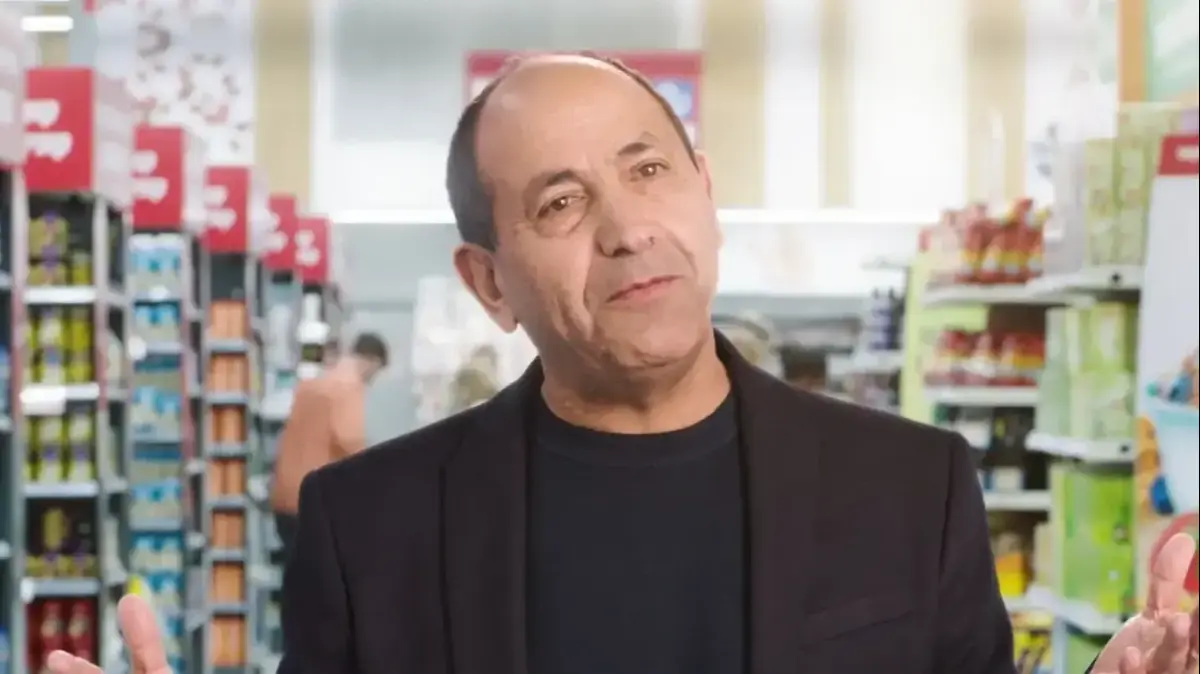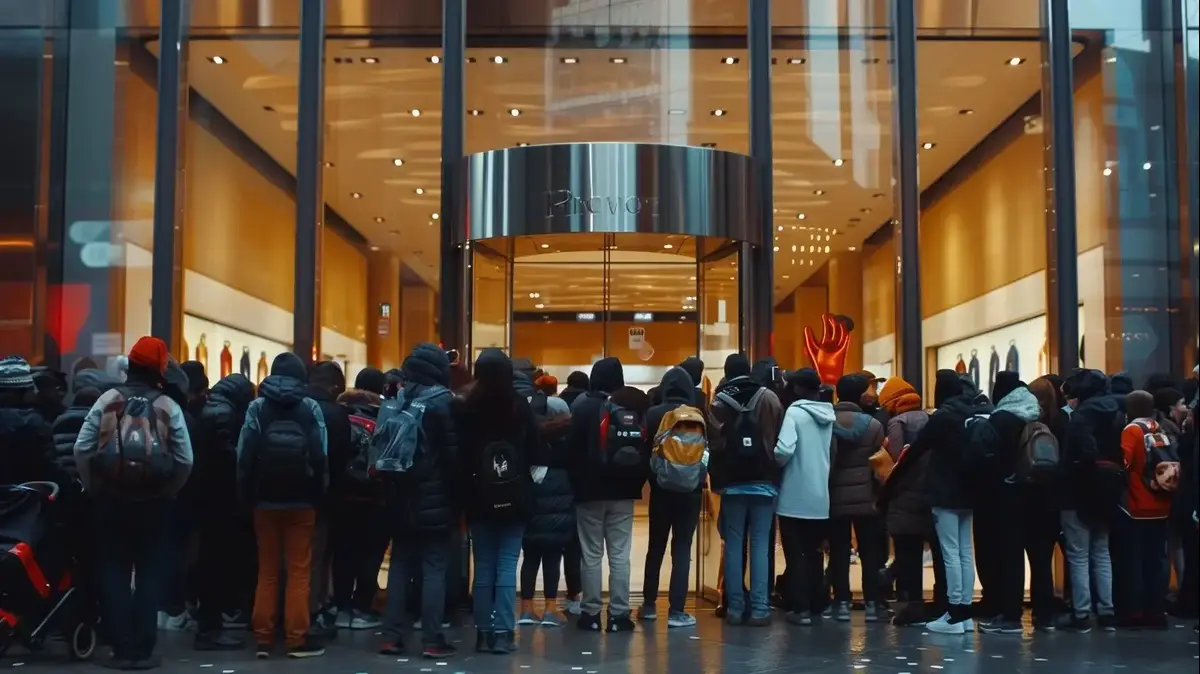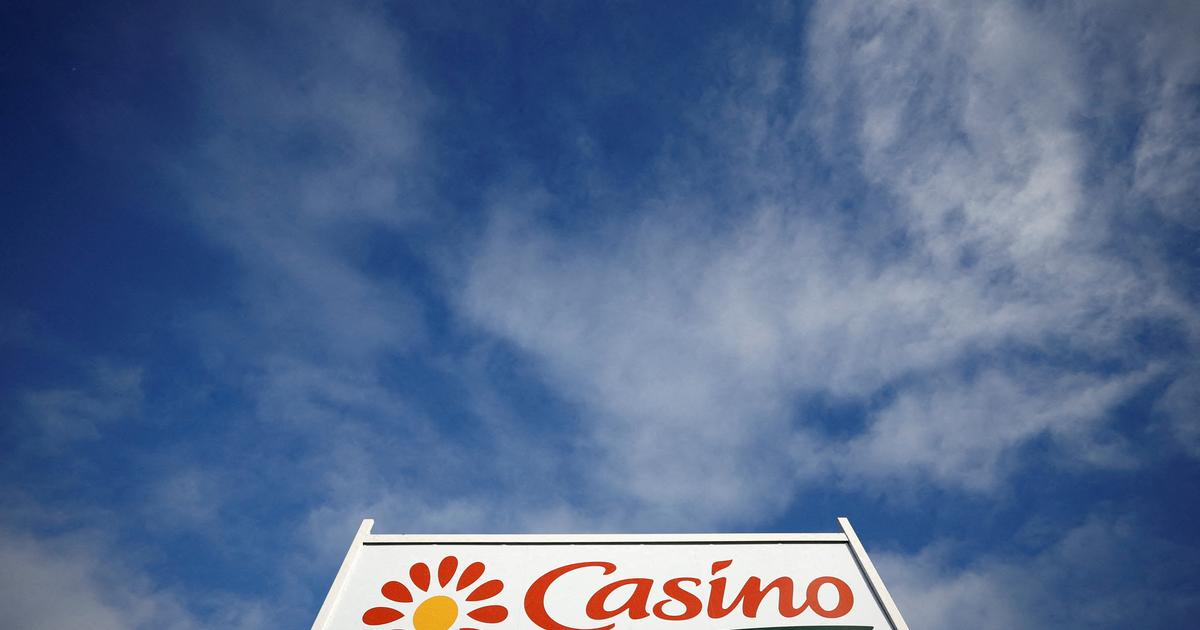From Castro's operation campaign. (Photo: Sharvan Lupo)
Contrary to what the Starks of Winterfell like to tell us, this time winter has not arrived.
Add to that the recession, e-commerce, and the return of Israelis abroad, which opened up possibilities for international shopping, and you get a fashion chain stuck with an entire stock of a winter collection
. It has cash flow, but the company's stock did not respond well to the operation and registered a sharp decline.
Is this a case of "the operation was successful, but the patient died during it?" Could an excessive liquidation sale also eliminate the brand itself?
A drastic drop in Castro's stock following the liquidation operation. (Photo: screenshot, Google)
The branding problem with clearance sales
Although significant discounts serve the immediate need for cash flow, past cases show that far-reaching discounts on products may lead customers to expect the same price in the future.
They can break the trust of customers who will wonder "why did I pay so much for this until now?"
Take for example the brand Banana Republic.
Although it still exists, it is still having trouble recovering from the discounting of the products it led to during the economic crisis of 2008. Its stock fluctuated for years and many stores, including all the branches in Brittany, were closed by 2016. More recently, in September 2021, when the brand announced a design line and a new identity For the brand, a certain recovery was recorded, and in the third quarter of 2022, the chain recorded an 8% increase in the volume of sales compared to the previous year.
The UK CEO of GAP, which owns Banana Republic, said: “We know our customers recognize value for money delivered through innovation, quality and attention to detail.
To that end, we will focus more on providing excellent products, and less on promotions and discounts."
More in Walla!
It's so delicious and simple: a recipe for caramelized bananas
In collaboration with the Galil company
How brands in the world get rid of excess production
Huge brands such as NIKE, H&M, and also luxury brands such as Louis Vuitton and Chanel are willing to go to great lengths not to sell their goods at huge discounts, due to the fear that the consumer will understand the true cost of the product and refuse to pay a "quality premium" for it.
At the end of the day, the retail price of a luxury product has nothing to do with its true value.
When we buy a Chanel item the high price actually includes the marketing premium and the massive advertising campaigns.
To illustrate the importance of maintaining brand value, one of the common steps fashion companies take to avoid selling merchandise at cost prices is to burn clothing.
Take for example the British luxury brand Burberry, which during 2017, according to publications, destroyed goods worth 36.8 million dollars.
The brand admitted in its annual report that scrapping was part of its strategy to preserve its exclusive reputation and of course consumers didn't like hearing about it.
Some boycotted the company due to its extravagance, while members of parliament demanded that the British government combat the phenomenon.
Public pressure took its toll and made Burberry pledge to no longer destroy its surplus merchandise, but it is among the few companies to stop this practice.
In 2017, it was revealed that over the course of 4 years, the fashion chain H&M burned about 60 tons of new clothes.
In the film that documented the phenomenon, the Indian women who work at burning the clothes speculate that water in the West must be so expensive that people can't afford to do laundry, so it's cheaper for them to get rid of the clothes.
Burning clothes is indeed an effective step in terms of preserving brand value, but it has very problematic moral and environmental aspects.
What else could Castro have done?
There are many ways to get rid of excess merchandise through additional promotions.
For example, Castro could offer a gift card that is worth more than what is being paid for it (pay 300 NIS, get 600 NIS), and make its clothes accessible without declaring in a flash that "a Castro product is worth 33 NIS".
Even promotions that stimulate "customer loyalty" and high involvement such as club cards, points and discounts on the occasion of the customer's personal events (birthday, wedding anniversary, etc.) can make the goods cheaper for the consumer, without reducing the value of the brand in his eyes.
Of course, it is always possible to donate surplus production.
Large fashion chains make many donations to third world countries in Africa and gain positive PR in return.
However, several countries in Africa have banned the import of surplus clothing from the West, as the local industry cannot compete with the volume and the almost free price of these products.
Therefore, some luxury brands, including Louis Vuitton, donate their surplus goods to design schools, where students can use the new goods as raw material for learning purposes and experimental products.
In conclusion
Clearance sales can erode brand value, but other ways to get rid of excess merchandise also have drawbacks.
The trick is to find the way to "eat the cake and leave the peace".
That is, to offer sufficiently attractive promotions to attract the consumer to purchase the excess goods, but not to lower the price to the point of damaging and eroding the brand's image.
Ami Asher is the VP of Maximmedia Marketing Systems
Marketing and digital
in the headlines
Tags
Fashion
Castro
H&M
Louis Vuitton
Chanel
Brands
Super brands
promotions









